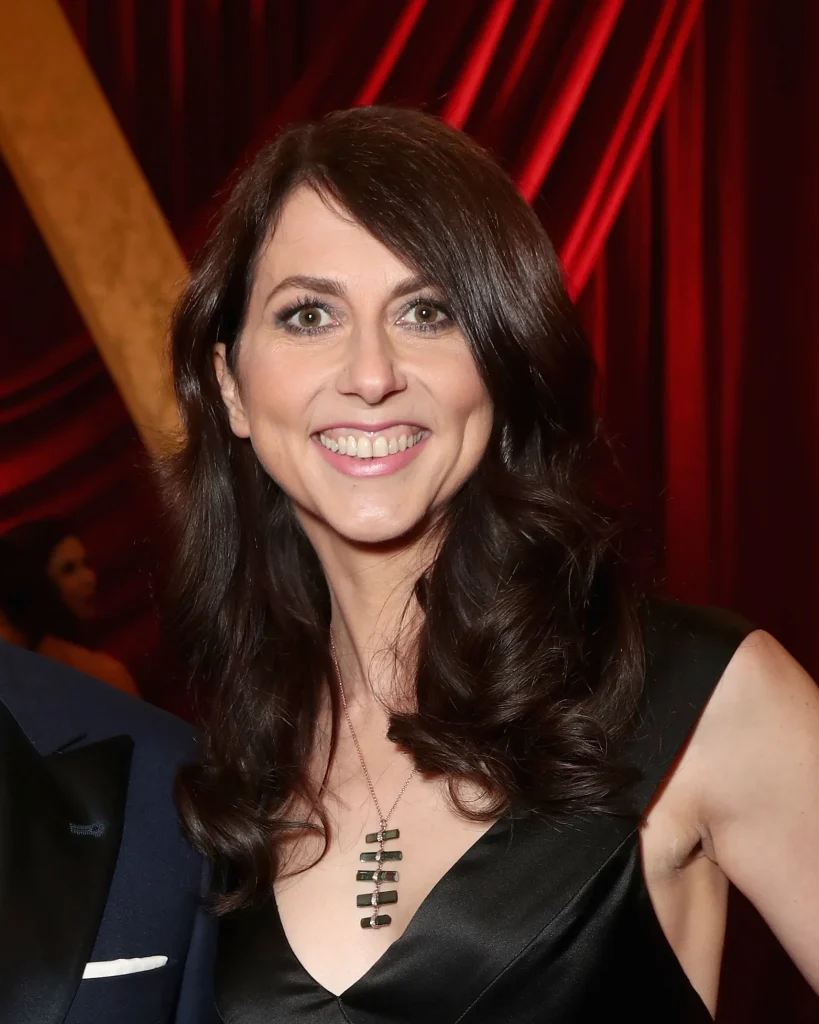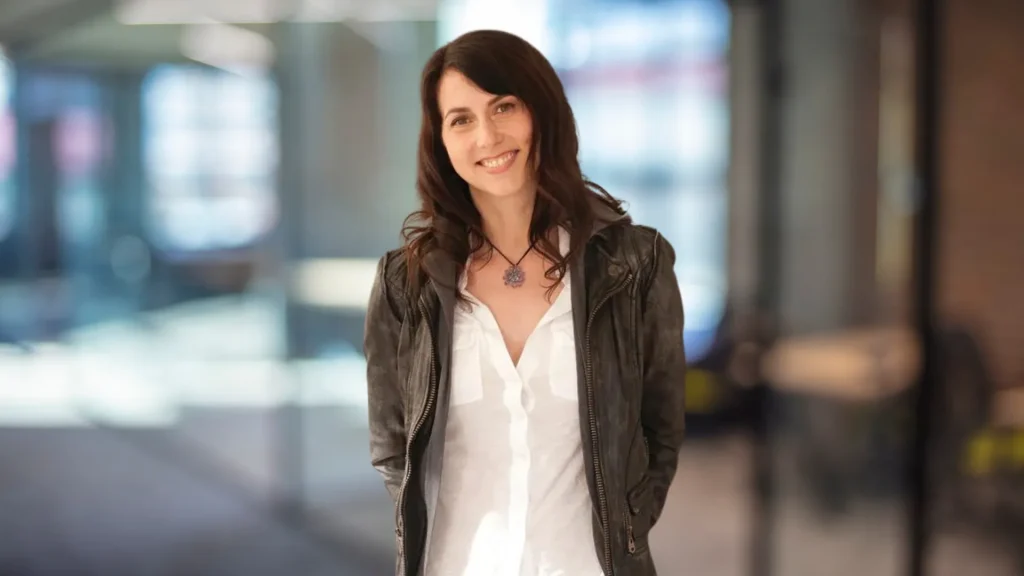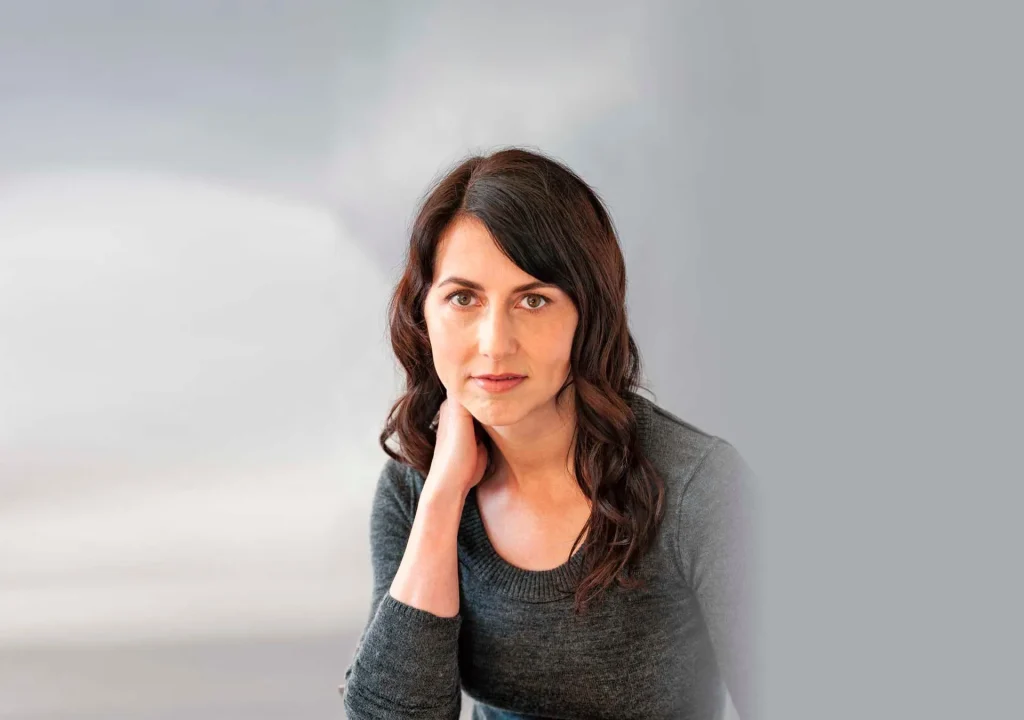MacKenzie Scott, the former wife of Amazon founder Jeff Bezos, has taken a groundbreaking approach to philanthropy by selling $8 billion in Amazon shares to fund charitable causes across the U.S. Her mission is to use her considerable wealth to address urgent social issues.

Since her 2019 divorce from Bezos, Scott has become one of the most influential philanthropists of the 21st century. Through the sale of approximately 255 million Amazon shares, valued at around $37 billion, she has donated to over 2,300 nonprofit organisations, focusing on education, healthcare, housing, and economic opportunity.
Philanthropy with a Purpose
Scott’s approach to giving challenges traditional models. She favours unrestricted funding, allowing organisations the flexibility to allocate resources where they are most needed. For instance, the Housing Trust Silicon Valley received $30 million for affordable housing initiatives, while the Jewish Vocational Service in Boston was granted $7 million to help families achieve financial stability.

These donations not only provide essential financial support but also bolster the credibility of grassroots organisations, encouraging further donations from others.
A Transformative Approach to Giving
Scott’s actions represent a seismic shift in the landscape of wealth redistribution, with an emphasis on immediate, impactful solutions to social issues rather than long-term interest-yielding endowments. Despite her significant giving, her net worth has decreased significantly from $59 billion in 2021 to about $30 billion in 2024, as part of her commitment to donate the majority of her wealth during her lifetime.
A New Legacy of Giving

In contrast, Bezos continues to focus on ventures such as space exploration and private equity investments, highlighting the differing paths taken by the former couple. Scott’s unprecedented scale of giving has set a new standard for philanthropy, challenging others in the ultra-wealthy class to rethink how they use their resources to address growing social inequalities.
